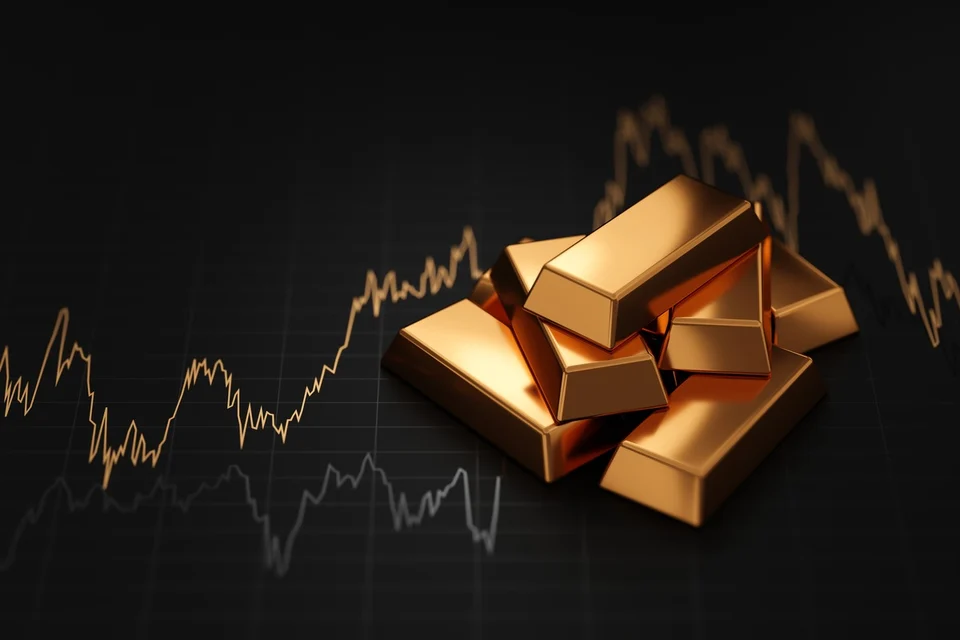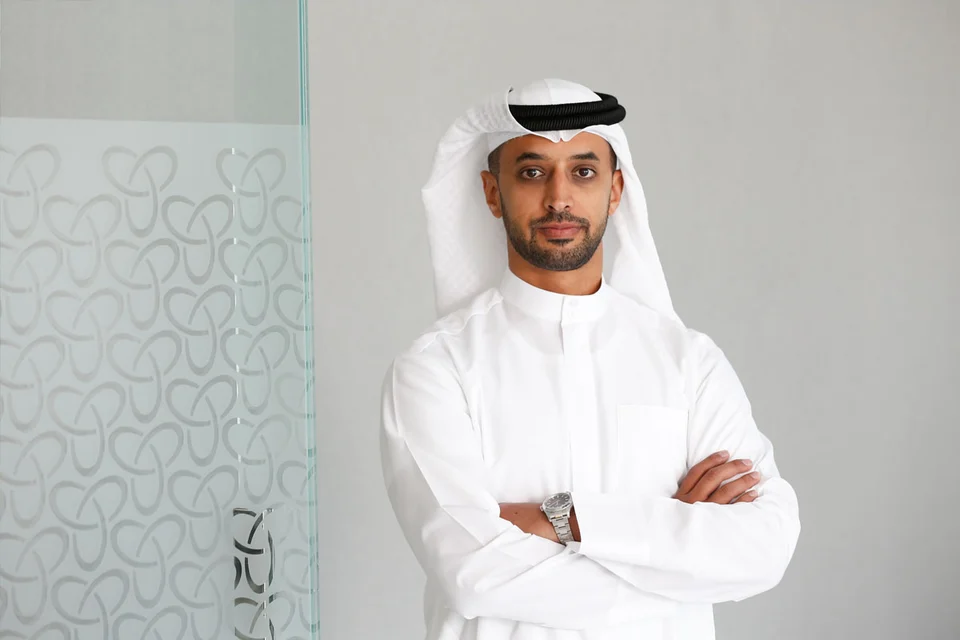
Chinese Vice Premier Ding Xuexiang addressed the World Economic Forum in Davos, Switzerland, warning all parties to be vigilant against rising protectionism. These remarks come as Donald Trump is poised to return to the White House, raising concerns about a potential resurgence of trade wars.
In his speech, Ding Xuexiang stated that China seeks to resolve trade tensions in a "win-win" manner and hopes to expand imports. While he did not directly mention the United States, his remarks were clearly closely related to the current international trade situation.
During his campaign, Trump threatened to impose border taxes, or tariffs, of up to 60% on products made in China. Despite this, he did not immediately take tariff action on his first day in office, instead instructing his government departments to study the issue. U.S. goods imports from China have plateaued since 2018, which economists partly attribute to a series of escalating tariffs implemented during Trump's first term.
In 2020, the United States and China signed an agreement ending the previous trade standoff. At that time, Trump withdrew some tariffs in exchange for China's commitment to purchase U.S. agricultural and other products. However, U.S. officials have stated that China has not fully fulfilled its commitments under the agreement. Scott Bessent, the nominee for U.S. Treasury Secretary, stated in Congress last week that he expects to push for the enforcement of these agreements and suggested that China may be required to make "catch-up purchases."
Trump has also criticized the trade imbalance between the United States and China, where China's exports far exceed its imports. Ding Xuexiang stated at the Davos forum that China has relaxed restrictions on foreign investment, hopes to promote domestic consumption, and does not pursue a "trade surplus." "We hope to import more competitive, high-quality products and services to promote trade balance," he said. "Protectionism has no way out," he also emphasized, "there are no winners in a trade war."
Ding Xuexiang acknowledged that economic globalization may bring "some tensions and disagreements regarding distribution," but he stated that it is not a "zero-sum game, but a universally beneficial process from which everyone can benefit." He added, "I believe that we have the wisdom and ability to find win-win and multi-win solutions. We must not only make the pie of economic globalization bigger, but also distribute it better."
The International Monetary Fund (IMF) warned last week that a new round of tariffs threatened by Trump would exacerbate trade tensions, reduce investment, and disrupt global supply chains.



















